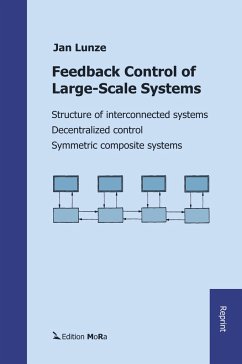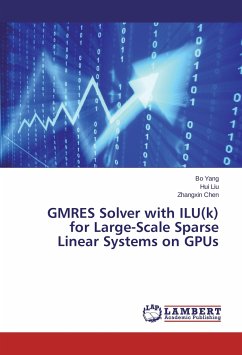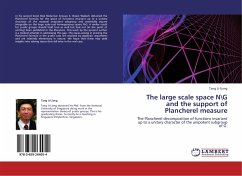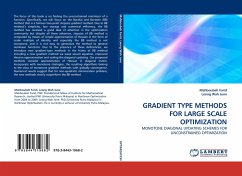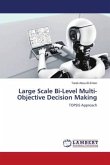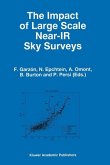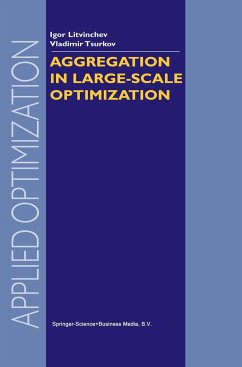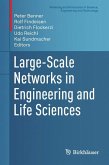The original motivation to investigate interconnected systems and decentralized control resulted from the impossibility to connect geographically distributed systems by reliable communication networks three decades ago. Energy or water distribution networks have been studied to answer the important question: Which control tasks can be accomplished by local feedback controllers that have to satisfy strict structural constraints. The revival of interest in such systems in recent years came with the availability of modern digital communication networks. The question is now: Which information links are necessary to get a satisfactory performance of the overall system. The results on decentralized control can help to answer it by showing the capabilities and the limits of local feedback structures.This reprint of a monograph gives a survey of the analysis methods of large-scale systems and the design methods for decentralized controllers. Among others, it shows under which conditions control problems like the stabilization of composite systems can be solved by a set of isolated control stations.

